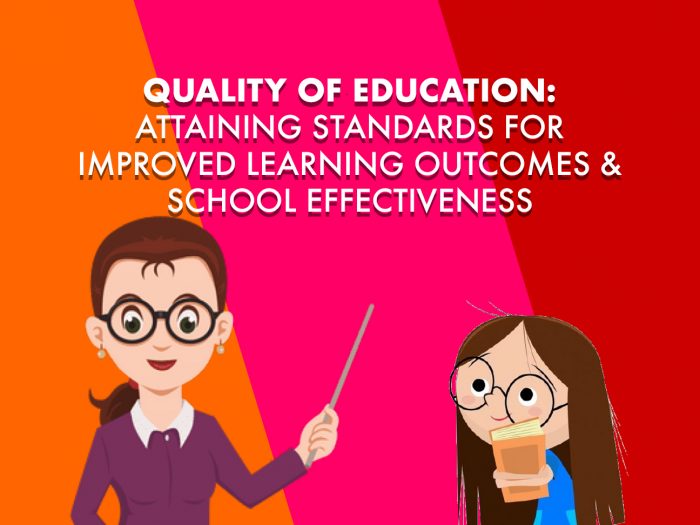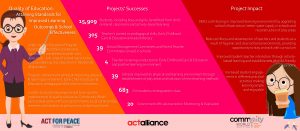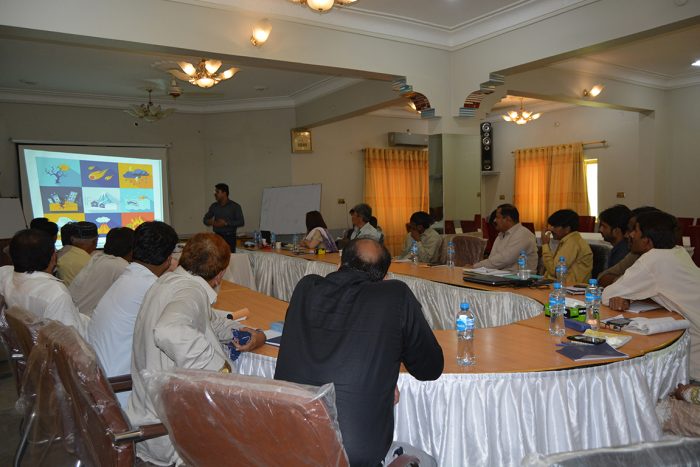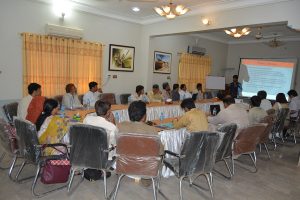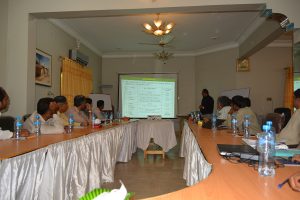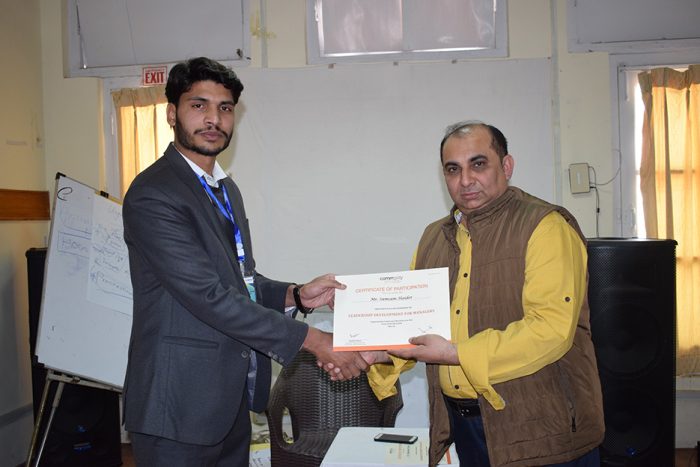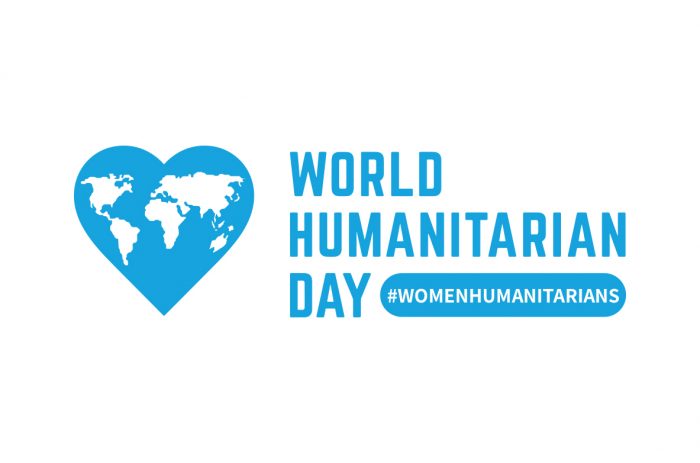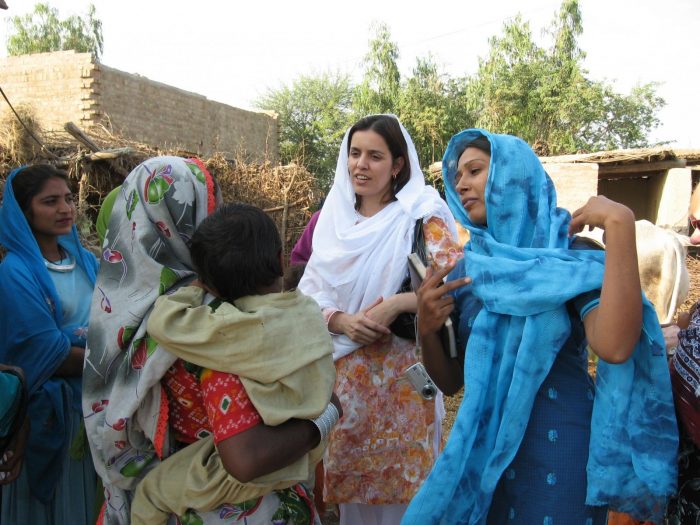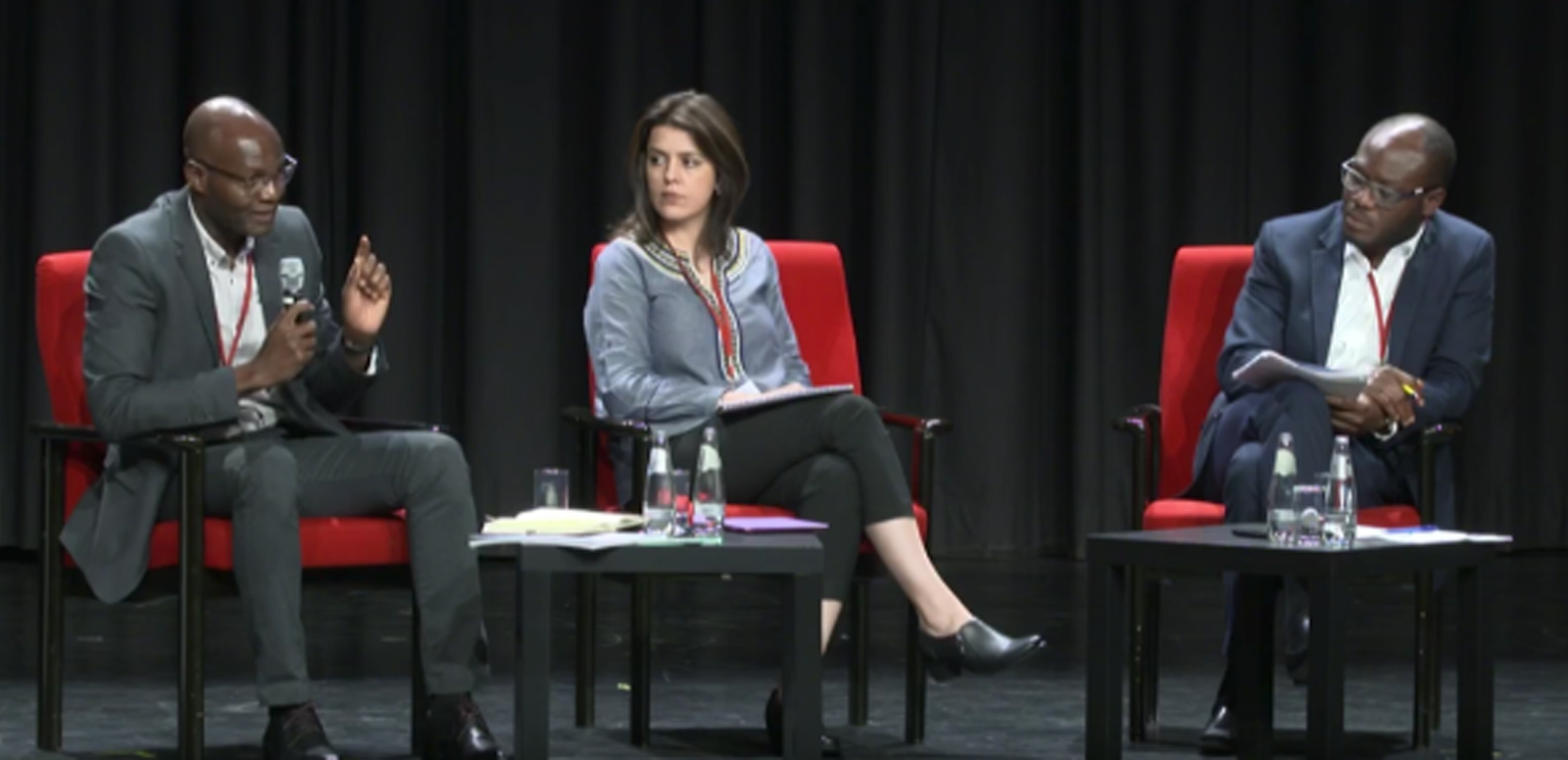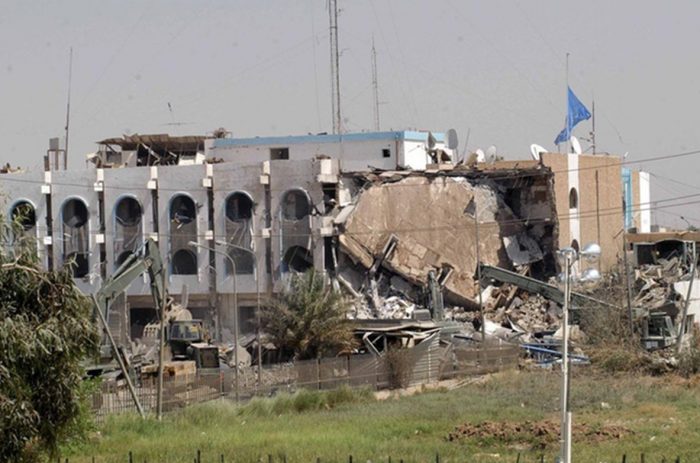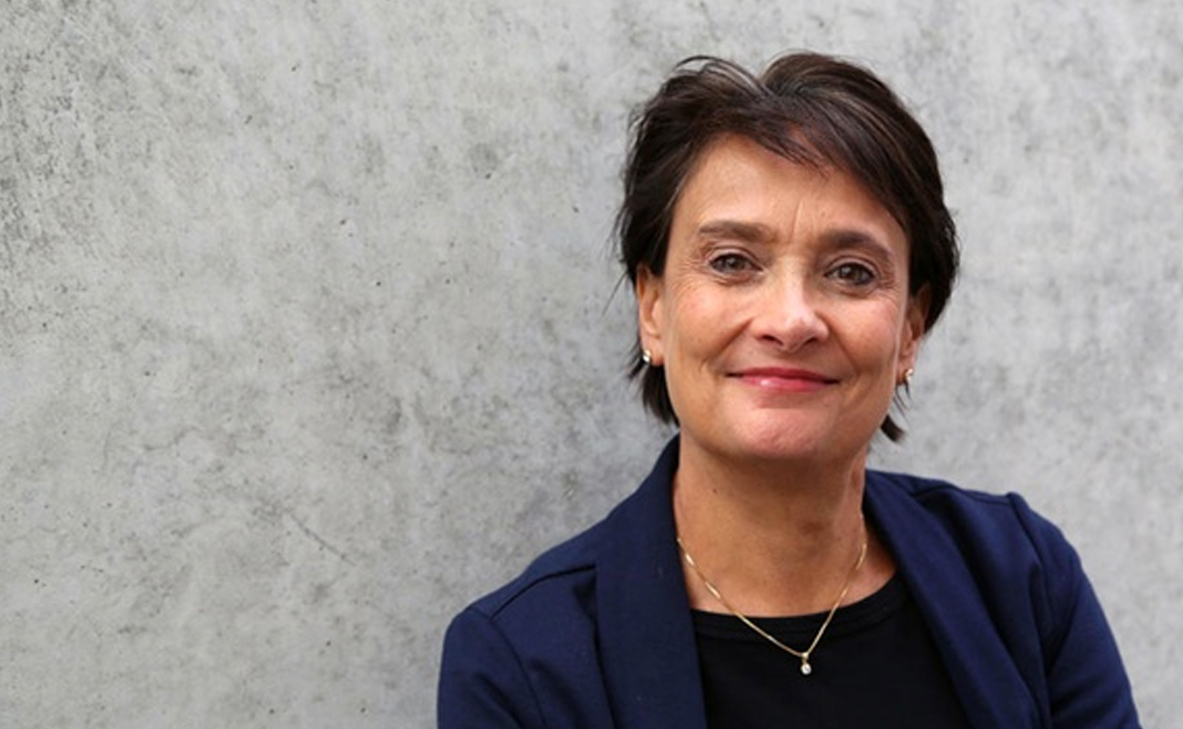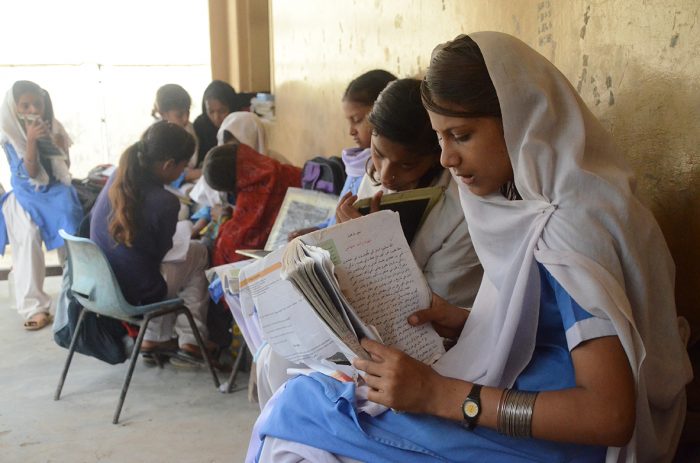August 12 marks the annual celebration of International Youth Day. It is an international day of awareness, recognizing youth across the globe and empowering the world’s youth to make positive contributions to their communities and nations. Young people are powerful agents of change and progress when they are educated and empowered to participate in decision-making. Rooted in Goal 4 of the 2030 Agenda for Sustainable Development – to
ensure inclusive and equitable quality education and promote lifelong learning opportunities for all
– International Youth Day 2019 highlights efforts to make education more inclusive and accessible.
Education is a form of learning in which knowledge, skills and habits are transferred from one generation to the next generation. Hence, it should lead to relevant and effective learning outcomes, growth and development. The crucial role that quality education plays in youth development is well recognized. Community World Service Asia is promoting sustainable and equitable quality education in Asia since 2009, using multi-tiered approaches that encourage communities in remote areas to support education for both boys and girls. We engage in strengthening the capacity of teachers, work with communities and local governments and improve school facilities, where needed, to enhance the environment and quality of learning.
Our Education Program supports national education plans of achieving Sustainable Development Goal (SDGs). The program aims at improving lesson delivery, developing child-friendly classrooms, and increasing student enrollment. Young teachers, students, parents and community members are involved in various activities including teachers’ trainings, school management meetings and sessions and awareness building sessions.
One of the target schools under our Girls’ Education Project (GEP), The Government Girls Primary School (GGPS) Abdul Wahid Colony in Umerkot, Pakistan, was struggling with low enrollment, low attendance and low engagement from the School Management Committee (SMC). In 2015, the school had a total of 80 students, with only 20 students newly enrolled. Sami, the school’s principal, identified several reasons.
Weak infrastructure and limited basic facilities discourage parents from sending their children to schools in Umerkot. Moreover, far off distances, social evils and child labor contribute to the high illiteracy rate as well. Teachers in schools often use old methodologies of teaching, such as reading the lessons, giving lectures and assigning lengthy homework. As a result, students do not have positive outcomes and lose interest in studies,
she said.
In 2016, Community World Service Asia invited teachers from the school to attend Teachers’ Trainings as part of the Girls’ Education Project.[1] In 2017 and 2018, six teachers from GGPS Abdul Wahid Colony—Sakeena, Mariat, Mohni, Naheed, Tania and Sami—were trained on pedagogical skills, early childhood care and education (ECCE) teaching methodologies and implementation of the Scheme of Studies.[2]
When Community World Service Asia came to us,
said Sami,
things started to change gradually.
Putting New Methods into Action
Sami was pleased with how practical and hands-on the trainings were, packed with new strategies they could implement right away. For example, they learned about new ways to engage with their students, such as involving them in morning meetings to increase social interactions and in practical work to build interest in learning. The training also placed strong emphasis on lesson planning, which has renewed the teachers’ excitement and dedication to their lessons.
Naheed attended a Teachers’ Training focused on ECCE Scheme of Studies and ECCE Methodologies in January 2019. Back in the classroom, she began implementing new teaching methodologies involving group work, pair activities and learning through play. Since then, Sami observed,
Students have become confident and regularly attend school, as they are enjoying their studies.
Sharing her learning experience, Naheed said,
We have developed a different attitude towards our students after the trainings. The child-friendly environment created in our classrooms has encouraged students to learn more freely and ask questions frequently without any hesitation. The quality of education has improved immensely as students are more engaged in active learning.
Naheed and the other teachers have also worked to increase teacher-parent interaction, with positive results among both students and their parents.
Parents are more involved in their children’s education updates and have witnessed the support the teachers give to their students in school. We have received positive feedback regarding teachers’ behavior with their children and the children’s increased interest in studies,
Sami added.
The students have noticed the difference. Humera, a student from class 4, shared,
There is so much change in our classroom. Our teacher, Naheed, encouraged us to participate in sports and cultural events and academic activities. We meet with students from different schools in these events and now I have made many friends in Umerkot. My parents motivate me to study hard after the parent-teacher meetings. They are very supportive and helpful, especially when I do my homework.
Reinvigorating the School Management Committee
The School Management Committee (SMC) of GGPS Abdul Wahid Colony is comprised of a General Secretary, a chairman, two teachers, two parents and two students. Its primary functions are to monitor teacher attendance, increase student enrollment and build awareness among parents on the importance of education for their children. It also holds administrative functions such as organizing co-curriculum activities, monitoring provision of free textbooks and disbursing SMC funds for improving the school. Unfortunately, the committee had not been fully engaged in its duties.
Abdul Razzaque, Senior MEAL Officer at Community World Service Asia, conducted a session for the SMC in February 2018, emphasizing the key role of the SMC in strengthening relationships between the schools and local communities. He highlighted each of the SMC’s functions and why it was important.
Shahida, who has served as the chairman of the SMC since 2017, said the difference was dramatic.
It was after the teachers’ training and SMC session that the SMC of Abdul Wahid Colony was actively involved in the school’s operations and academic decisions. The learnings provided by Community World Service Asia further built on our capacities to work towards better outcomes for our students, teachers and the entire school system,
she said.
Sami is very pleased with the progress she has seen at the school since her team started to work with Community World Service Asia and implement what they learned through GEP.
This year we have enrolled 60 new students, and today, a total of 210 students are studying in GGPS Abdul Wahid Colony. Moreover, 50% of the parents come to us for regular updates regarding their children’s progress after the Parent-Teacher meeting held in collaboration with Community World Service Asia,
she said.
Spread the Word!
To transform education systems for more schools like GGPS Abdul Wahid Colony, let’s unite together. Ahead of the International Youth Day, UN DESA, in collaboration with UNESCO, will be calling for a transformation of our education systems to make them more inclusive, equitable and relevant for the 21st century realities. We would greatly appreciate your help in amplifying this call, using:





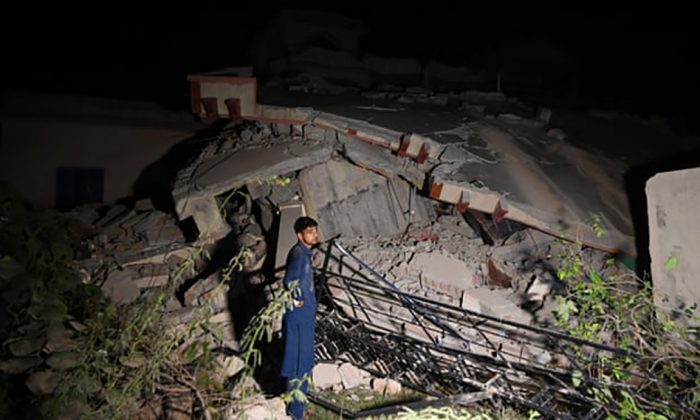
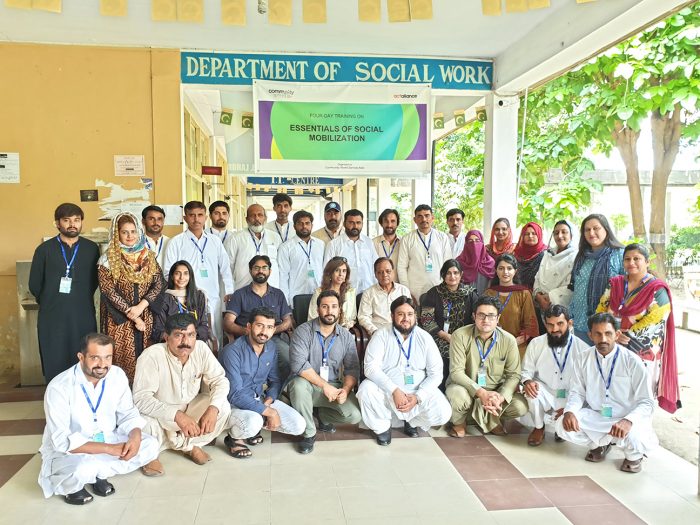
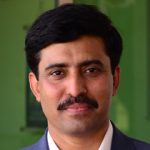 “The training techniques were interesting and engaging. The trainers, Moazzam Ali and Nergis Khan, not only held theoretical session, they also engaged participants in practical learning exercises such as role plays and group activities. We can replicate these activities in the target communities to build capacities of community members.” Mahmood Ahmad Medecins du Monde
“The training techniques were interesting and engaging. The trainers, Moazzam Ali and Nergis Khan, not only held theoretical session, they also engaged participants in practical learning exercises such as role plays and group activities. We can replicate these activities in the target communities to build capacities of community members.” Mahmood Ahmad Medecins du Monde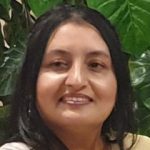 “The activities conducted in the training workshop were interactive and provided long-term learning. The session on Policy of Social Mobilization made me realize the importance of having such a policy on an organizational level. These policies can be designed in accordance with the culture and context of the organization, which will boost the efficacy of the project activities for the welfare of communities.”
“The activities conducted in the training workshop were interactive and provided long-term learning. The session on Policy of Social Mobilization made me realize the importance of having such a policy on an organizational level. These policies can be designed in accordance with the culture and context of the organization, which will boost the efficacy of the project activities for the welfare of communities.”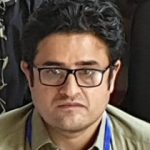 “The training content helped me in overcoming the communication and mobilization gaps which exist in my field work. Moreover, the training environment was very welcoming, and it allowed me to share experiences openly and learn from others’ as well.”
“The training content helped me in overcoming the communication and mobilization gaps which exist in my field work. Moreover, the training environment was very welcoming, and it allowed me to share experiences openly and learn from others’ as well.”